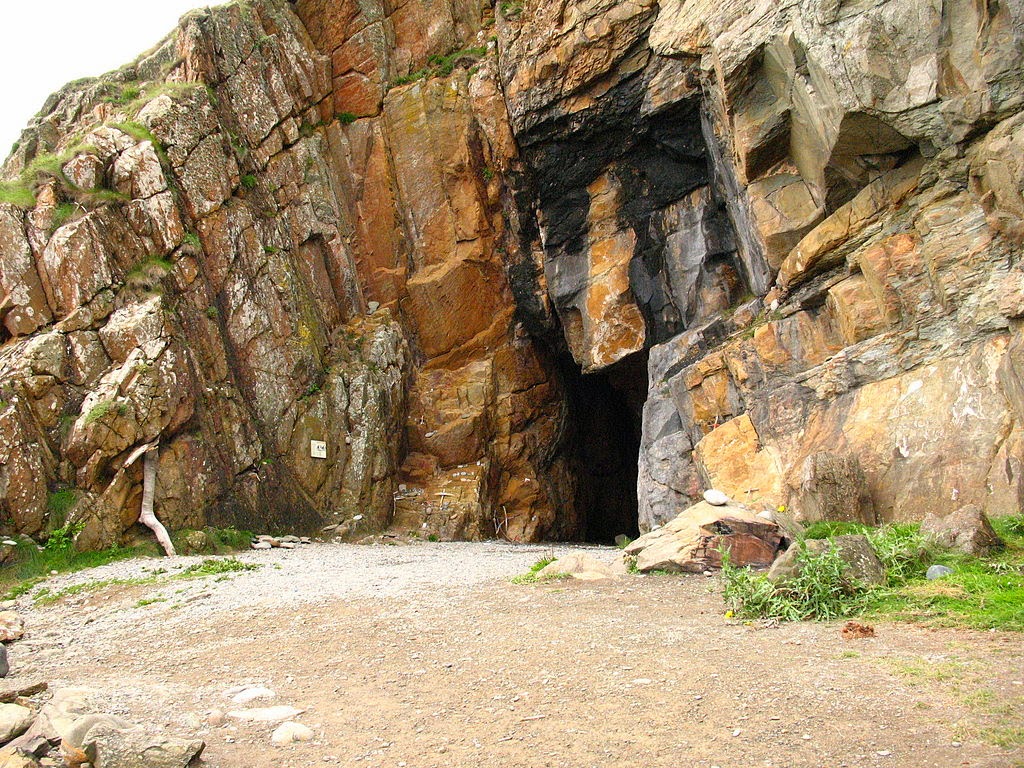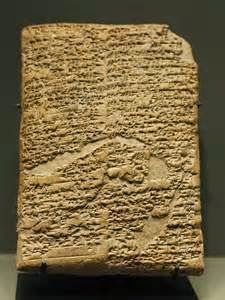I should try to do a theme, I think. But this is not happening. Still, I hope you enjoy learning about these 7 names:
GIRLS
Mellizena - from the French name Melusine, pronounced 'may loo ZEEN', which is the name of a water spirit (or nymph, fairy) that was cursed by her mother to transform, from the waist down, into a fish or serpent. When her unwitting husband breaks his promise never to enter the bath while she bathes (on Saturdays, of course) he sees her in this form and she transforms into a dragon and leaves.
Wikipedia points out that 'meluzina' in Czech and Slovak means 'a wailing wind' usually in the chimney and is believed to be the sound of Melusine searching for her children. Whoever wrote the Wikipedia article did a fantastic job, you can reference it
here, as there is so much more to know than what I've chosen to include. It tells how one of the most famous legends of Melusine connects her to Avalon. The Lady of the Lake of Arthurian legend was this sort of water spirit. The various folktales and myths involving Melusine are from Northern Europe, especially northern France, Luxembourg, etc. Also, according to Wikipedia, Martin Luther believed Melusine to be a sort of evil spirit or demon, usually called a 'succubus'. In the legends she is the daughter of Pressyne and sister of Melior and Palatyne. Her curse is a punishment from her mother, a fairy or nymph herself, of course, because she and her sisters imprisoned their father as an act of retribution.
 |
| Ehrengard Melusine von der Schulenberg |
A gracious thank you to my long-deceased and very distant cousin Amelia Mellizena (or Mellezene or Melusina) Denny for introducing me to this name. The woman in the painting to the right is no relation of mine (near as I can tell, without doing any research) but, besides bearing the name, she seems to have been fortunate in having Ehrengard for a first name and a glorious blue dress. She was the mistress of the king of England, George I and named her daughter Petronilla Melusine. Petronilla Melusine (named for grandma it would seem, whose name was Petronelle) married a man by the last name of Stanhope (which is featured in the boys' section of this post, as I came across this used as a FIRST name.)
 |
| not a dahlia and daffodil cross, but almost looks it! |
 |
| yellow daffodils |
Narcedalia - I've found this used as a name in Spanish. Maybe it's a smoosh of Narcissa and Dahlia (in Spanish that would be Narcisa and Dalia). However, I did come across an 1840 Spanish/Latin dictionary, with the word narce meaning "torpor". Torpor is a great word. It means something like mental lethargy. I think of it like a brain freeze, you feel so stupid or your thinking is slow. Another book, referencing the origin and meaning of Narcedalia pointed out that narceine (it was in Spanish so the word they used was narceina) is derived from opium, which, we know, comes from the poppy flower. It is an alternative to morphine. Narcissus, for whom the narcissus flower is named, fell in love with his own reflection and died when he fell into the pool of water.


Dahlia is a name taken from the dahlia flower, which was named for a man with the last name of Dahl (he was Danish). Dahl, like the word dale in English (and the names Dale or Dell), means 'valley'.
 |
| painting of a dahlia |
A little about the two flowers.
Narcissus is a genus of flowers and dahlia is also a genus of flowers. Given that Narcedalia is a name used by Spanish-speakers, and seems to be used mainly in Mexico or by people closely connected to Mexico, it is interesting that dahlias are native to Mexico and are the national flower. Dahlias are a member of the daisy family, which includes sunflowers and asters. Narcissus belong to the amaryllis family (interesting, etymologically speaking, as the word in Spanish for the color yellow is amarillo, and who doesn't think of daffodils as yellow? ). In addition, it appears that many many many years ago, when flower species were evolving on earth (Oligocene period, to be exact) the narcissus group of flowers began, in the area of modern Spain. The Aztecs of Mexico ate the roots of dahlias and also used the flower in treating epilepsy. They called the flower 'acocotle' or 'cocoxochitl' and the Toltecs of Mexico called it 'chichipatl'. Which I find interesting as Xochitl is a name used in Spanish as well (it simply means flower).
 |
| bouquet with both narcissus and dahlia |
Ornelle - Italian, from the name Ornella, meaning "flowering ash tree" (according to the website
babynamespedia.)
 |
| flowering ash tree |
Perdita - a name from Shakespeare's play "A Winter's Tale". It comes from Latin and refers to a lost woman, in the sense of a lost soul or someone who has been 'damned' or lost their reputation, morals, etc. Interesting, of course, because she is born in prison. Herfl father believed her mother was unfaithful to him and he put her there. When the child is brought to him he refuses to believe she is his daughter. She is left in a box on the sea coast of another country and raised by a shepherd. Later the prince of that country falls in love with her, his dad doesn't approve (not knowing she is a princess). She and her lover flee to Sicilia and eventually discovers her heritage, after which everyone is united, they marry and live happily ever after.
BOY
 |
| Achilles drags the body of Hector around the walls of Troy |
 |
| medieval stone path |
Quilles - Spanish form of Quilez, which is probably from the name Aquileo, which is a form of the Greek name Achilles, which comes from 'ahkhos' "grief" and laos "a people" or a "nation".
Rosendo - Spanish, variant of the name
Rudecindo, which is derived from the Visigothic name Rudescind, which comes from the Germanic roots 'hrod' meaning "fame" and 'sinths' meaning path.
Stanhope - English, meaning "from the stony meadow".


 Kyren - Sanskrit, meaning "ray of light".
Kyren - Sanskrit, meaning "ray of light". Kyren - Sanskrit, meaning "ray of light".
Kyren - Sanskrit, meaning "ray of light".











































